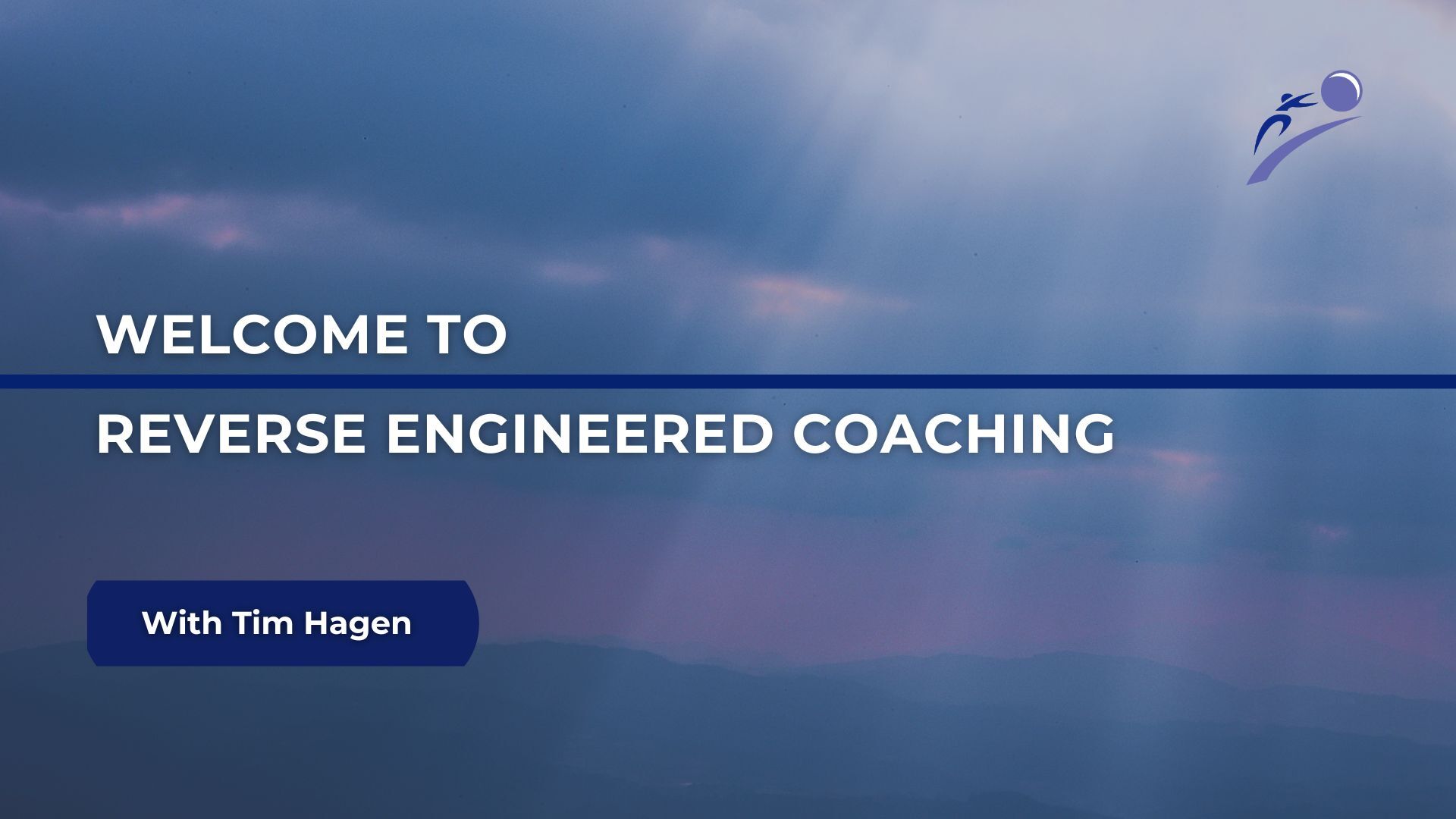Discovering Desire:
Crafting Questions to Uncover Workplace Motivations
What if you could unlock the secret to understanding what truly motivates people? Even more, how can you apply this knowledge effectively in workplace scenarios?
We show the critical importance of asking the right questions that help individuals identify their own desires and motivations. We also delve into the differences between intrinsic and extrinsic motivation, laying out strategies to identify and leverage both for improved communication and productivity.
We'll share an intriguing story about a graphic designer whose company misunderstood her true motivations, illustrating the significance of aligning individual motivators with organizational intentions. Discover the fundamental principle that motivates people: their desired state, or their "end game."
We also explain how to craft questions that reveal this desired state and how people view their current roles. Learn the tools to understand your own and others' motivators, enhancing your ability to communicate effectively.
We repeatedly say never try to motivate someone until you first understand what motivates them. So it begs the question: how do you find out someone's motivator?
First of all, questions are critical.
We worked with a financial institution at the end of the pandemic in 2022. I remember about 55% of people in their emerging leader program had dropped out, and someone said, "Gosh, what's wrong with the program?" I didn't think there was anything wrong with the program. We interpreted that people saw what management was going through and their motivations changed. See the 'WIIFT'. What's In It For Them is what people want, their desired state. So, think about crafting questions, such as:
-
What's your end game?
-
What do you want to be doing?
-
What would you love to be doing 16 months from now that maybe you're not doing at all or not enough of right now?
-
What are two things that you'd like to be doing more of that maybe you're not doing enough of right now, this thing that you dislike about your current job?
There are two types of motivation: intrinsic and extrinsic.
Extrinsic is using what you're currently doing as an apparatus for something next, such as a promotion. It could also not be a promotion. Sidenote -- if you want to read a great book, read Julie Winkle Giuliani's book, Promotions Are So Yesterday. She identifies seven reasons people are motivated outside of just getting promoted.
People who are intrinsically motivated are motivated by what they're currently doing. Here's an example.
I love sharing this story. I have a friend who's a graphic designer. When you think about graphic design, you think about fun and design. She works for an agency and works directly with clients. She's actually an introvert and very quiet. The company sensed some negative feelings in her when they offered her a promotion. She called me and said she had to find a new job because they wanted to promote her to a people manager. "I don't want to do it. That's not what motivates me."
I replied, "Wait a minute. Don't leave the company. What a wonderful gesture. Albeit, their intentions are out of alignment with what you want. Now, you have the opportunity to tell them." Together, we crafted some language, and she went back to her managers. Her friend ended up getting the promotion, who, by the way, was not as talented as a graphic designer. The funny thing was the company was well-intentioned, but they didn't understand what truly motivated her.
I'd asked her what really gets her excited every day about what she does. She said she loves to design from scratch. To get a concept from a client and go from A to Z. She shared that she doesn't like to work with other people, preferring to work on her own. Her whole energy changed; she was much more active and alive. She was like a different person.
Then I asked her, "What's your first thought about managing people?" She goes ugh!
Promotion to a people manager was one of the worst things for her. Knowing what motivates someone in their job is crucial.
Which means we have to ask questions.
One sequence I always encourage you to ask, especially for the current state:
-
Currently, based on your job today, what do you love? What do you like? What do you dislike?
-
Futuristically, what would you like to be doing that you aren't doing now? What would you love about that? What would you like? What would you dislike?
Their answers will start to give you a sense of whether they're intrinsically or extrinsically motivated. And yes, people can change over time. Someone can be intrinsic and then become extrinsic. That's why the dialogue around motivation is so key. That's why questions are so critical.
Questions to Ask to Determine Motivation
-
What do you currently love about your job?
-
What is one thing that energizes you when you're working?
-
What do you currently like about your job?
-
What do you currently dislike about your job?
-
What would love to be doing more of that you're currently not doing enough of now?
-
If you had to describe your ideal state of where you want to end up, no matter the timeframe, what would that be and why?
-
What is one thing you want to achieve in the next 12 - 15 months?
If you are looking for a way to strengthen your organization, ask about our Coaching Champion Certification program, where we take everyday employees and use everyday conversations to strengthen the organization's culture. Coaching Champions inspire and motivate others and professionally challenge those who struggle with positivity.
Get More info Here: click here





